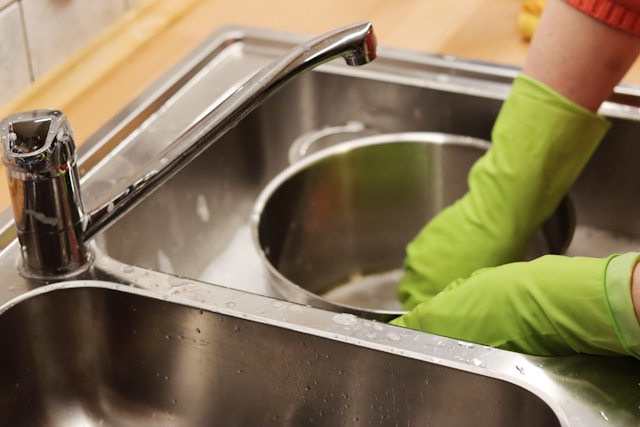How to Raise Responsible Kids Who Actually Want to Help Around the House

Getting your kids to help around the house can feel like a constant battle. You might resort to nagging, bribes, or even doing the tasks yourself just to avoid the argument.
But what if there was a better way? What if you could raise kids who not only help out, but actually want to?
The key is to shift from a mindset of forced chores to one of shared responsibility and collaboration.
Start Them Young
The best time to start is when your children are very young. Toddlers are naturally eager to mimic their parents and feel like they’re contributing. Take advantage of this. Give them simple tasks like putting their toys in a bin or helping to wipe up a spill with a paper towel.
Even if they don’t do it perfectly, praise their effort. This early exposure helps them feel a sense of competence and belonging within the family unit.
At this age, chores are less about getting the job done efficiently and more about building a habit.
Make tasks fun by playing some upbeat music on your phone and turning the task into a game. You could even get their help to pick out fun summer phone cases to make the experience more positive.
Create a Family Team
Instead of viewing chores as individual assignments, frame them as a team effort. Use language like, “We’re all going to clean the living room together,” instead of “You need to clean the living room.”
This fosters a sense of unity and shows that everyone plays a role in keeping the household running smoothly.
Consider having a family meeting to discuss responsibilities and get everyone’s input on how tasks can be shared.
Give Them Ownership of Tasks
Once they are a little older, give your children specific tasks that are their responsibility. For example, one child might be in charge of feeding the pets, while another is responsible for taking out the recycling.
This gives them a sense of ownership and accountability. When a task is their own, they are more likely to take pride in completing it and seeing it through.
Allow them to make some choices about their chores. Perhaps they can choose to do the laundry on a Tuesday morning or a Saturday afternoon. This autonomy gives them a sense of control and makes them feel more invested in the task.
Avoid Payments And Rewards
It’s common for parents to offer money or rewards for chores, but this can actually be counterproductive. When you pay for chores, you’re teaching your children that helping around the house is a job, not a part of being in a family.
This can lead to a transactional mindset where they expect a reward for every task they do, and they may be unwilling to help with things that aren’t on their “paid” list.
Instead of paying for chores, consider tying their allowance to something else, like personal spending money.
Frame helping around the house as a non-negotiable part of family life, just like going to school or brushing their teeth.
Praise The Process, Not Just The Outcome
When your child completes a task, focus on praising their effort and willingness to help, not just the quality of their work.
For example, instead of saying, “The dishes look so clean,” you could say, “I really appreciate you helping with the dishes. It made things go so much faster.” This kind of specific praise shows them you value their contribution and that their effort is what truly matters.
This approach builds a growth mindset. It teaches them that their willingness to try and their effort are what’s most important.
Building A Habit
Raising responsible kids who want to help around the house is a long-term goal. It’s not about getting a perfect result overnight but about building positive habits and a strong sense of family.
By starting early, working as a team, and giving them ownership, you can cultivate a sense of shared responsibility.
Ultimately, you’ll be building not just a clean home, but also a strong and connected family where everyone feels valued and respected.






